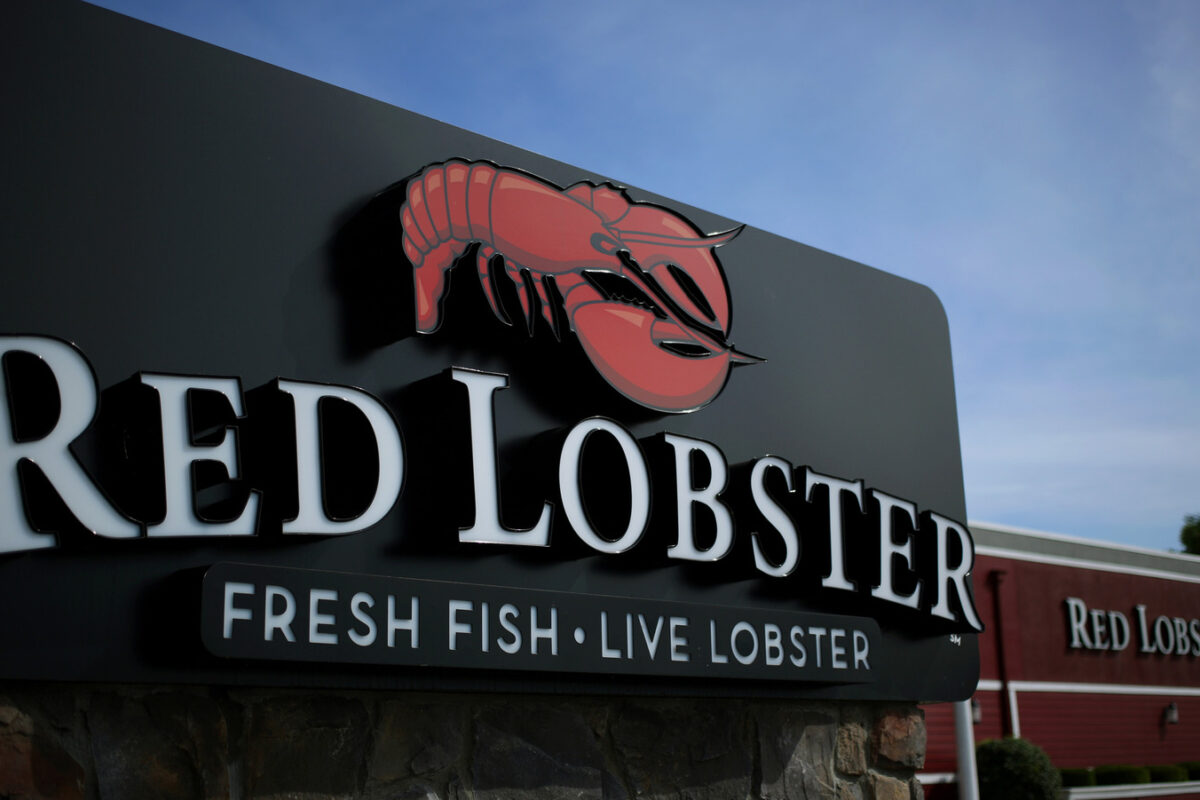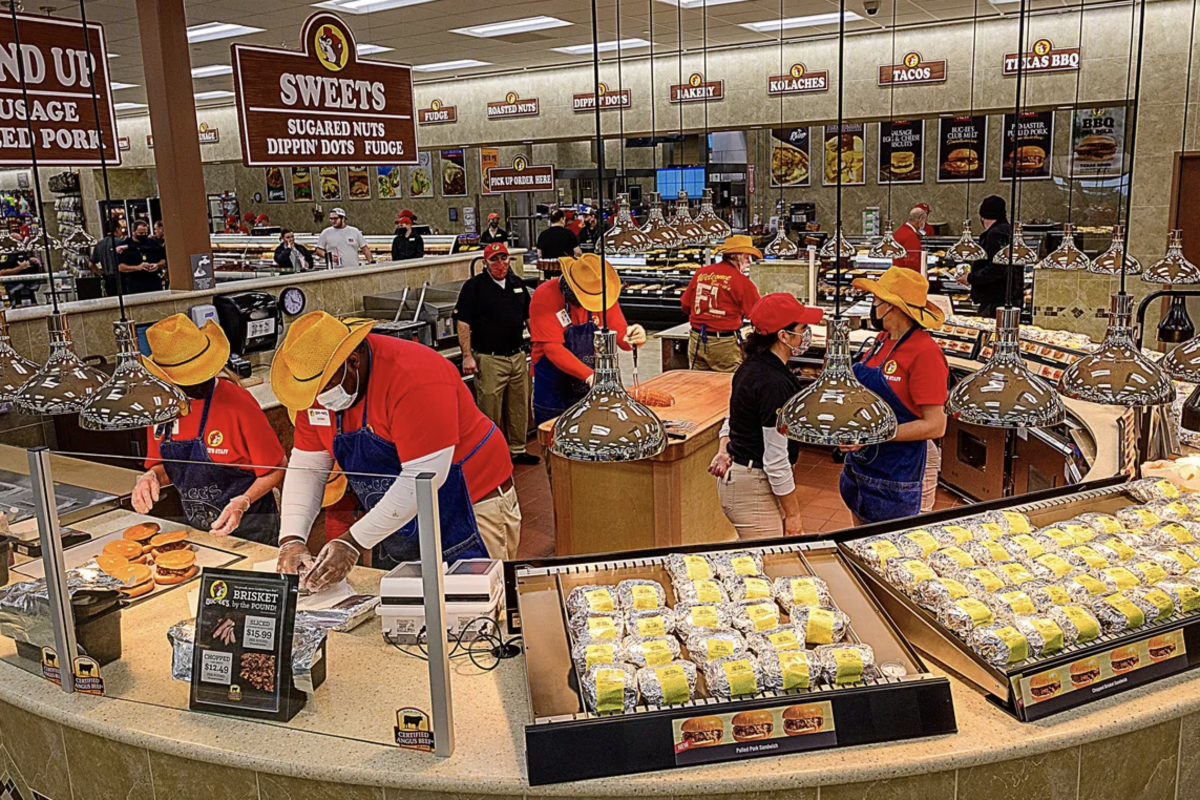Automotive companies are laser-focused on the future. General Motors, Ford, Mercedes, and VW, for example, are gathering resources to invest in electric vehicles, to ensure that Tesla does not walk away with all the customers.
Car companies fill their new vehicles with technology, a lot of which is probably never used. To be fair, there are certain technologies such as lane departure alerts, blind-spot monitors, and rear cameras that are making driving safer. With Alexa, Siri, Sirius, and all sorts of streaming, weather, and traffic, vehicles are now rolling information and entertainment theaters.
With all of these modern accessories, why is it that the established automotive companies are still mired in the mindset of the 1950’s when it comes to selling these amazing vehicles to customers?
The Flawed Conquest Mindset
Instead of changing approaches to customer sales, the established car companies and their dealers still see new customers as “conquests.” We are prey waiting to be conquered. We are the quarry in the hunt for the next sale.
A Google search will provide you with an extraordinary array of articles, definitions, strategies, and YouTube videos on conquest marketing, conquest sales, and overcoming conquest problems. The idea of “conquest” comes from the Latin for “conquer.” Other synonyms are to seize, catch, capture, vanquish or triumph over.
What is “Conquest Marketing?” Conquest marketing is not so different from its historical meaning. Conquest marketing is about seizing, catching, capturing, vanquishing, or triumphing over prospects that are shopping at rival dealers convincing them to buy from your dealership.
In conquest marketing, a Conquest Sale is a term describing a sale to a particularly hotly contested customer, who does not have a specific reason for shopping at one store over another or for purchasing a particular item or service over another.
According to an online automotive merchandising source, conquest marketing revolves around two specific issues: Dealers focus on 1) winning you over so you buy the same vehicle from them, rather than from a previous dealer or 2) convincing you to buy a different brand from them, not from someone else. In both cases, you, the prospective buyer, are a target to be conquered.
The the manufacturer provides Conquest Cash as the ammunition used to hunt for conquests. Dealers use this cash to buy market share. They rely on incentives to lure you in for the sale. Incentives are nice for the buyer. However, excessive emphasis on Conquest Cash to capture customers degrades brand reputation.
Recently, Automotive News, a premier industry trade magazine, ran an article with the headline, “Infiniti QX60 targets conquests.” In the article, the Infiniti Chairman Peyman Kargar said the following about the QX60 (a soon-to-debut three-row midsize crossover with premium styling): “We are beginning a new era for Infiniti. We are going to conquest additional customers. That’s really one of the important objectives we have and this is related to the additional extra volume we are targeting. We are very confident in this.”
This view of customers, potential car buyers, is antiquated and out-of-touch. Instead of viewing customers as victims to be conquested, view customers as savvy people to be won over by a superior brand experience. The rise of brands such as Carvana shows that viewing car buyers as savvy individuals is a better approach. Carvana’s idea is to change the way people buy cars by offering a fun, fast, fair, technology-powered, socially responsible car-buying solution.
Beware Of The Allison-Fisher Funnel
Part of the automotive industry’s perceptual problem regarding customers is its persistent belief in the Allison-Fisher Funnel approach to a car purchase. The Allison-Fisher Funnel is an outdated marketing approach. With this model in mind, a potential car buyer is in a funnel moving through various stages from awareness to familiarity to opinion to consideration to make-model intention, shopping, and purchase. The dealer wants to own the customer through the process and capture the sale at the end of the funnel.
The Internet has changed the game. J. D. Power & Associates, the marketing research firm, indicates that potential buyers use the Internet at every stage of the shopping process. Internet browsing, reviews, pricing information, shopping and decision-making, purchase, and delivery. The manufacture and the dealer are no longer in control of the so-called funnel.
A second challenge with the familiar Allison-Fisher Funnel is that there is little or no place for brand and dealership loyalty. Every customer is a new customer to be won over. A primary goal of marketing is to create, reinforce and broaden the base of customers who are loyal to the brand and/or dealership. Winning new customers is important. But, reinforcing brand loyalty is critical.
With conquest marketing, every sale is a singular event. With conquest marketing, every sale is an in-the-year-for-the-year sale. Brand loyalty is disregarded. The marketing emphasis is on conquesting with cash discounts.
In today’s world, the last thing a car buyer wants is to be viewed as a conquest. At the same time manufacturers focus on conquest marketing relying on over-dependence on tactics that degrade, debase, and potentially destroy brand value. Until the automotive industry as a whole rejects this approach, the unfortunate deal-driven marketing will continue. In the meantime, car buyers are turning to brands such as Carvana or Cars.com where they are considered people not prey.
Contributed to Branding Strategy Insider by: Larry Light, CEO of Arcature
The Blake Project Can Help You Build A Trusted Brand In: The Brand Positioning Workshop
Branding Strategy Insider is a service of The Blake Project: A strategic brand consultancy specializing in Brand Research, Brand Strategy, Brand Growth and Brand Education




